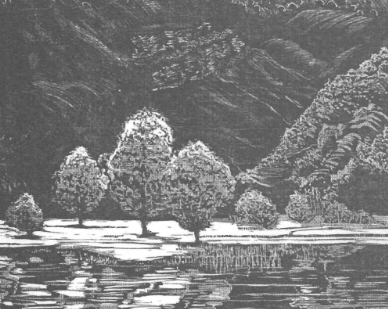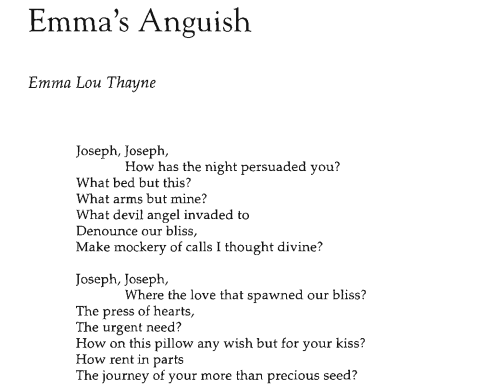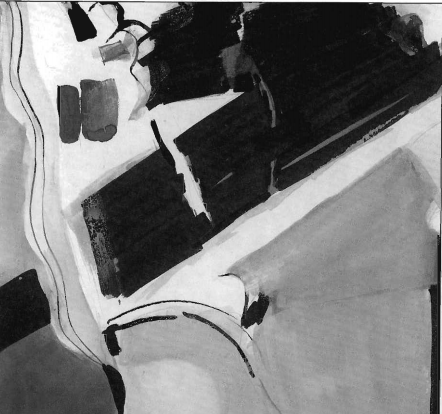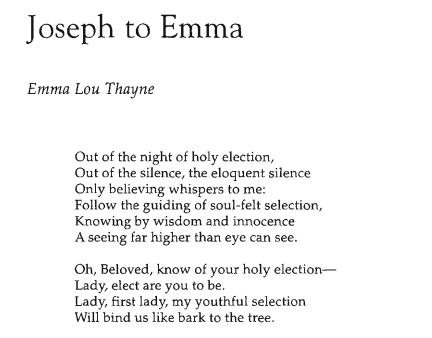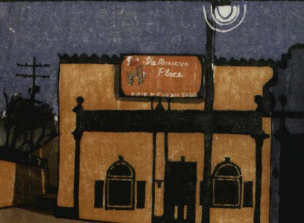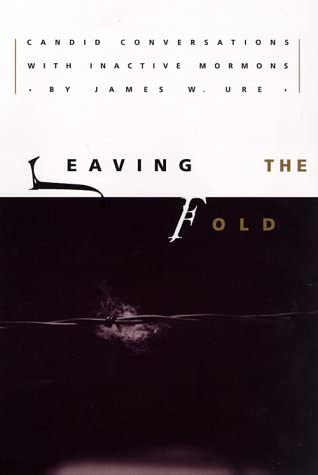In early June 1998, Sheridan Gashler, president of the Russia Samara Mission, felt moved to place missionaries in a small village called Bogdanovka. This was an exciting change in policy. Early LDS missionary work in Russia had been concentrated in large urban areas where most missionaries could enjoy such civilized luxuries as paved roads, frequent public transportation, telephone lines, and running water. In recent years missions branched into smaller cities, but the Russian village was an altogether new frontier. Bogdanovka, although it is only 100 miles or so from the large regional capital city of Samara, is a world apart.


